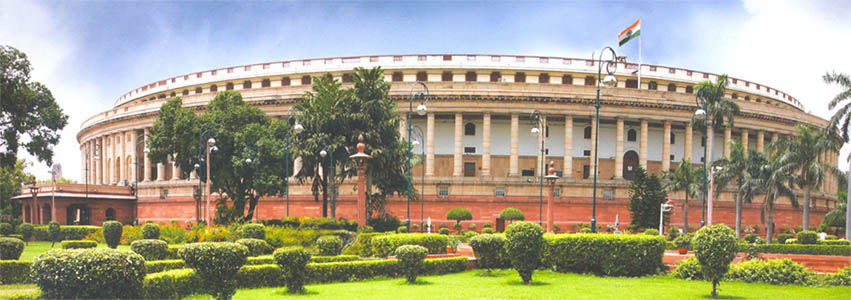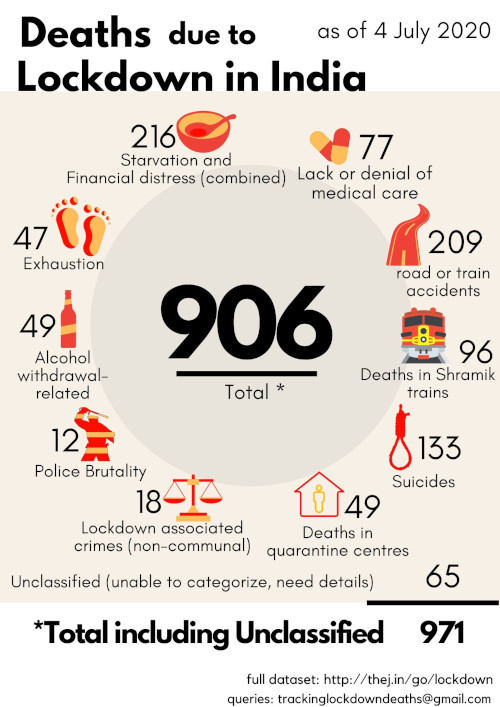Conflict of Interest and Indian Parliament
This post is not about MPs having conflict of interest. That is a different discussion and some thought has gone into that. What I want to talk about is the Parliament in itself having conflict of interest. Let me elaborate.
Parliament (Legislature) in a democracy is elected by people and hence derive their authority from its citizens. And hence the main duty of Parliament (Legislature) is towards the interest of its people or as is generally called – ‘public interest’. Other than that the Parliament has a ‘private interest’ in keeping itself and its partners safe from the other systems like Judiciary, Executive, Citizen etc. Also, there is significant overlap between the Legislative wing (all elected representatives who make laws) and the Executive wing (majority, biggest of them, they are hence mostly the Govt). In a way, Legislature and Executive are not very independent of each other. And they have a lot of interest in each other. There is a possibility of the Parliament’s personal interests influencing the exercise of its public duties mainly due to its interest in protecting the Executive wing. This abuse is what I am calling ‘conflict of interest’.

Let’s see some examples:
Case 1: Changes to RTI law to exclude political parties: After CIC’s landmark judgement to include all political parties under RTI, The cabinet and parliament amended the RTI laws to exclude themselves.
Case 2: The Representation of the People (Second Amendment and Validation) Bill, 2013
An important judgement by Supreme Court on convicted MPs and MLAs (Lily Thomas Vs. Union of India) came out on 10 July 2013. The judgement in its crux says that if a sitting MP/MLA is convicted, he/she would be immediately disqualified and the seat should be declared vacant. This is an important judgement considering the amount of criminals representing us and making laws for us.
To protect themselves, a bill is being proposed to amend the Representation of the People Act which protects MP or MLA from being disqualified after conviction if his or her appeal is pending before a court and sentence is stayed. Delaying the process of disqualification. Once this amendment gets passed, the amendment will come into effect retroactively from July 10, 2013, the day the Supreme Court gave the judgement. This is a great example where our Parliament is modifying the constitution and laws to protect its own. Isn’t this conflict of interest?
Case 3: Forty-second Amendment of the Constitution of India
Enacted in 1976, this amendment reduced the power of the Indian Supreme Court and high courts to pronounce upon the constitutional validity of laws.
This is exactly what I meant by conflict of Interest in the Parliament. I think there should be a way for citizens to take part directly while such laws are being formed or amended. Not sure how but I think its become the necessity of our times. It’s a good time to think about that process.












2 Responses